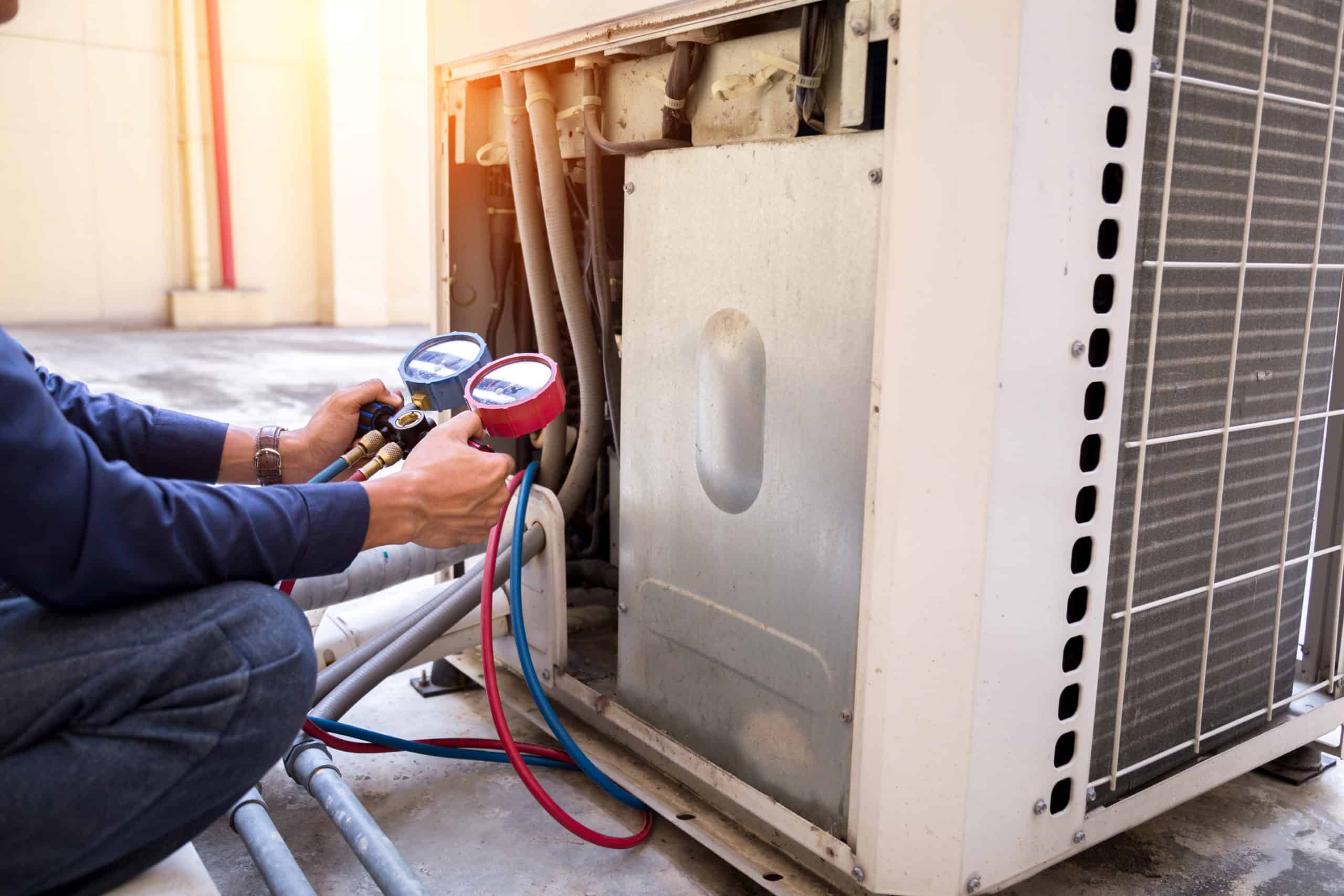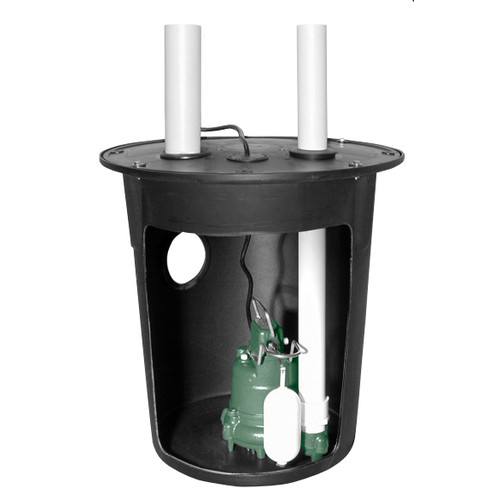Recognizing the Trick Components of Effective Water Filtering Equipments

Significance of Water Filtration Systems
Water purification systems play a critical duty in making sure access to tidy and secure alcohol consumption water by successfully eliminating contaminants and contaminations. These systems are important in resolving the expanding issues over water quality and the prospective health threats connected with consuming infected water. By using various filtering mechanisms such as reverse osmosis, turned on carbon, and UV sterilization, water purification systems can efficiently remove damaging compounds like microorganisms, viruses, hefty metals, and chemicals from the water supply.
In addition, water filtration systems aid to improve the preference and smell of water by getting rid of chlorine, debris, and various other toxins that can influence its quality. Water Softeners. This improvement in water top quality not only makes it much more tasty but additionally motivates individuals to drink a sufficient amount of water daily, promoting much better hydration and overall health and wellness
Types of Purification Elements

Physical filters are made to literally stress out impurities from the water. These filters can be constructed from products like ceramic, carbon, and even sand, and they function by capturing fragments larger than the filter's pores as water passes via.
Chemical filters make use of numerous chemical processes to get rid of contaminants from the water. Instances include activated carbon filters, which adsorb contaminations, and turn around osmosis membrane layers, which make use of stress to different pollutants from the water.
Biological filters use living microorganisms like germs or algae to break down raw material and toxins in the water. These filters are typically made use of in wastewater therapy plants or all-natural water purification systems.
Understanding the various types of filtration components is vital for choosing one of the most appropriate water purification system for details purification needs.
Feature of Debris Filters
Sediment filters play a vital role in water purification systems by properly recording solid fragments put on hold in the water. These filters are typically the very first line of protection in a filtering system, eliminating larger fragments such as sand, silt, dirt, and rust prior to the water relocates with finer filtration stages. By capturing these debris, the filters avoid them from reaching downstream parts, therefore extending the life-span and effectiveness of the whole system.
The feature of sediment filters is crucial in maintaining water quality and shielding delicate tools from damage created by particles. Furthermore, by eliminating noticeable bits, sediment filters boost the clearness and taste of the water. Consistently cleaning up or changing sediment filters is important to make certain optimum performance. Neglecting this maintenance can result in obstructing, lowered water circulation, and compromised filtration effectiveness. On the whole, debris filters are important components that contribute substantially to the effectiveness of water filtration systems.
Role of Triggered Carbon Filters
Playing a vital role in water filtration systems, triggered carbon filters contribute in removing contaminations and contaminants from the water system. These filters are created to adsorb and catch a large range of contaminants, consisting of chlorine, unpredictable natural substances (VOCs), pesticides, and herbicides. The activated carbon material has a big surface, enabling for the effective trapping of pollutants with a process called adsorption. As water passes through the filter, the triggered carbon attracts and holds onto the pollutants, making certain that the water that comes out beyond is cleaner and much safer for usage.
Triggered carbon filters are highly reliable at enhancing the taste and smell of water by minimizing chemicals that can influence its top quality. Due to their convenience and dependability, triggered carbon filters are an essential component in making certain that water is detoxified to the greatest standards before reaching consumers.
Comprehending Reverse Osmosis Equipments
Reverse osmosis systems are try this sophisticated water filtering systems that utilize an innovative process to get rid of contaminants and contaminations from drinking water. These systems function by using pressure to the water, compeling it through a semi-permeable membrane layer. This membrane serves as an obstacle, allowing just distilled water molecules to travel through, while obstructing bigger molecules such as minerals, chemicals, and various other impurities. Consequently, the water that appears on the other side is dramatically cleaner and safer for usage. helpful hints
Furthermore, reverse osmosis systems are fairly low-maintenance and can be installed under the sink or in a central filtering system, supplying convenient accessibility to tidy water throughout the family. Generally, understanding how reverse osmosis systems function can aid people make informed decisions about their water filtering needs.
Final Thought
In verdict, effective water filtering systems are vital for making sure tidy and secure drinking water. The crucial elements of these systems include debris filters, activated carbon filters, and turn around osmosis systems. By recognizing the function and role of each part, individuals can make informed choices when choosing a water filtration system. It is vital to focus on the quality of water in order to advertise general health and wellness.
Water filtering systems play an important role in making sure accessibility to safe and tidy alcohol consumption water by efficiently getting rid of contaminants and contaminations. By making use of various purification devices such as reverse osmosis, activated carbon, and UV sterilization, water purification systems can efficiently get rid of unsafe substances like microorganisms, infections, heavy metals, and chemicals from the water supply.
Debris filters play a critical role in water filtering systems by properly recording solid particles suspended in the water (Pump repairs & installation).Playing a vital duty in water filtration systems, activated carbon filters are critical in getting rid of contaminations and impurities from the water supply.Reverse osmosis systems are advanced water filtration systems that employ Homepage an advanced process to get rid of contaminants and pollutants from drinking water